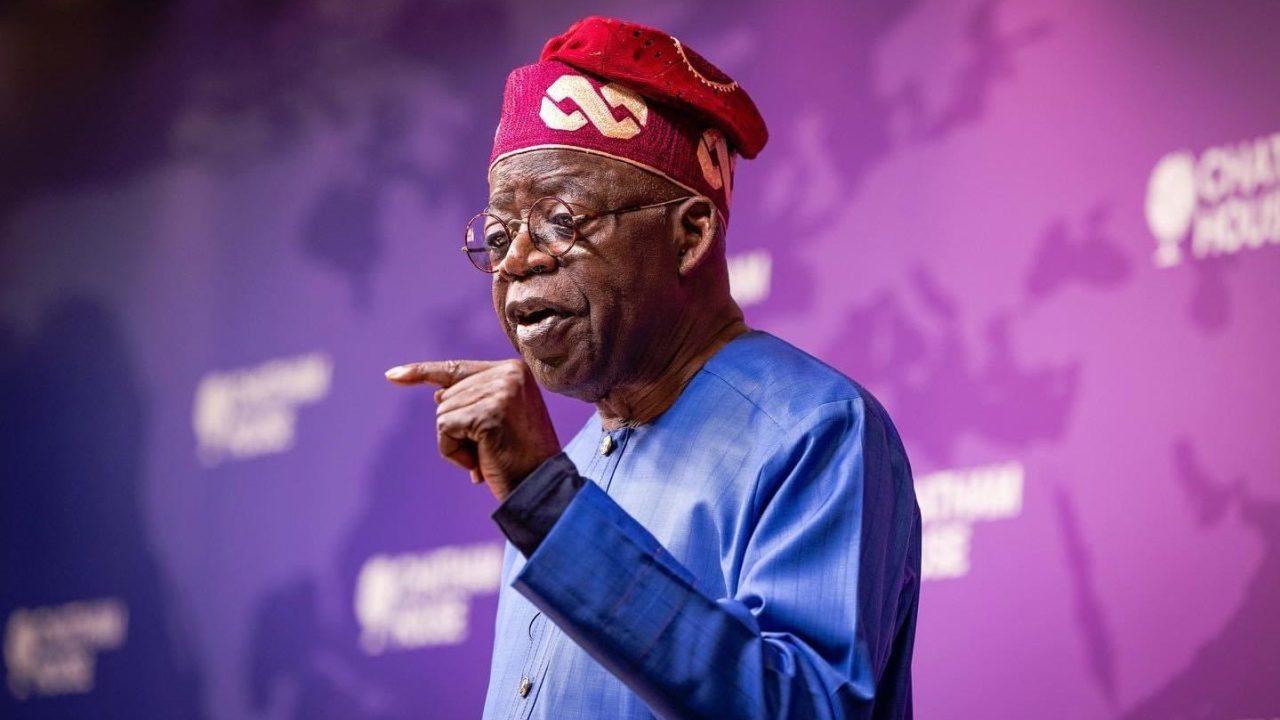In a proactive move aimed at providing guidance to the incoming administration of President-elect Bola Tinubu, the Federal Government of Nigeria has announced its plans to develop a comprehensive roadmap for the removal of subsidy on Premium Motor Spirit (PMS), popularly known as petrol.
This initiative comes as the government seeks to navigate the complexities associated with subsidy removal while ensuring a smooth transition of power.
During the unveiling of the 2022-2026 Strategic Plan of the Nigeria Extractive Industries Transparency Initiative (NEITI) in Abuja, Boss Mustapha, the Secretary to the Government of the Federation (SGF), highlighted the ongoing debates surrounding the subsidy removal by concerned citizens.
These discussions have focused on critical aspects such as refinery rehabilitation, safety nets for the vulnerable, and prudent management of the resulting revenues.
Mustapha emphasized the Federal Government’s commitment to following these debates closely and acknowledged the burden the country has borne over the years due to fuel subsidy. He also assured the public that a comprehensive position to guide the incoming administration was being formulated by the Presidential Transition Council, headed by himself.
While welcoming the ongoing debate on subsidy removal, Mustapha commended the outgoing administration of President Muhammadu Buhari for its efforts in effectively managing the subsidy burden, despite the numerous challenges faced by the Nigerian economy.
He specifically praised NEITI for providing a detailed policy advisory on fuel subsidy, which presented various options to assist the government in making an informed decision on the issue.
The NEITI policy advisory revealed a shocking revelation that over N13tn had been expended on subsidizing petroleum products between 2005 and 2021.
This staggering amount is equivalent to Nigeria’s entire budget allocation for key sectors like health, education, agriculture, and defense over the past five years. The adverse effects of this expenditure include reduced funding for vital sectors, ailing refineries, limited private sector investments, and inefficient supply chains leading to fuel scarcity.
Addressing NEITI’s 2022-2026 Strategic Plan, Mustapha outlined the government’s commitment to expanding the agency’s operations to sub-national levels and addressing emerging issues such as transparency in contracts and ownership, gender and environmental reporting, and energy transition. He urged all stakeholders to collaborate with NEITI to ensure the effective implementation of the strategic plan for the benefit of Nigeria and its citizens.
However, the Independent Petroleum Marketers Association of Nigeria (IPMAN) expressed concerns about the outgoing government’s move, stating that the incoming administration should hold discussions with critical stakeholders before implementing any guidelines for subsidy removal. Chief Ukadike Chinedu, the National Public Relations Officer of IPMAN, called for open dialogue to address the challenges surrounding petroleum product subsidy in Nigeria.
The Nigeria Labour Congress (NLC) also expressed its intention to engage in discussions with the incoming administration regarding the removal of petrol subsidy. As President-elect Bola Tinubu’s inauguration date draws near, the nation awaits the new government’s approach to striking a delicate balance between economic considerations and the welfare of the Nigerian people.
With the Federal Government taking proactive steps to develop a roadmap for subsidy removal, the onus now falls on the incoming administration to carefully analyze the proposed guidelines, engage with stakeholders, and make informed decisions that will steer the nation toward sustainable energy policies and economic growth.

 Forex3 weeks ago
Forex3 weeks ago


 Naira2 weeks ago
Naira2 weeks ago
 Billionaire Watch2 weeks ago
Billionaire Watch2 weeks ago






 Naira3 weeks ago
Naira3 weeks ago






 Naira2 weeks ago
Naira2 weeks ago


 Naira1 week ago
Naira1 week ago




 Naira4 weeks ago
Naira4 weeks ago






 Naira1 week ago
Naira1 week ago
















